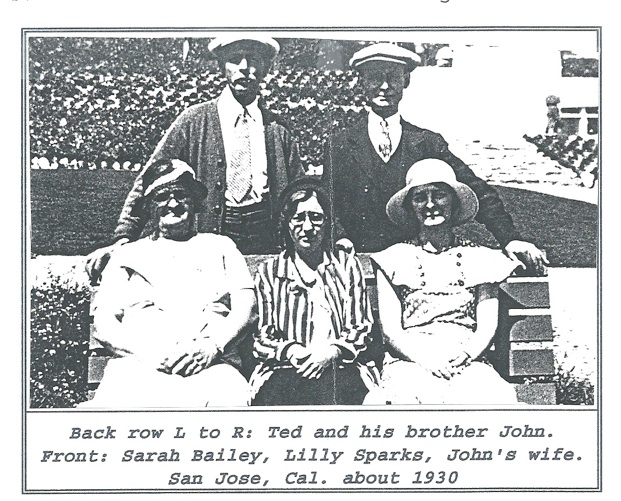

Point one any music is a boon no matter who conducts, as we all hear it and interpret a piece differently we do not need to be note perfect as per the composer. Now listen here you two, bashing my name around and having a good old gossip. Message 6 - Music in wartime Posted on: 24 February 2005 by Frank Mee Researcher 241911 Great days Harold - Did you ever hear Thalben-Ball play the Toccata and Fuque - he was exhausted when he finished. Moura Lymphany was a neighbour of a workmate in Birmingham just around the 1947 mark - I too thought she was the greatest - her Tschaikowski was something to behold ! much to Frank Mee's disgust as he never throws out any music ! Furtwangler's introduction to the Ninth is also away ahead of anything I have ever heard - as he states - this is the way the Master wrote it ! Who can argue with Furtwangler ! Especially when he has Schwarztkopf singing Soprano ! I threw out Von Karajan's version as being too unsympathetic. Vienna Philly and it is almost worn out by now. talk about resistence to change.however it all came out in the performance two nights later ! I have a video of Georg Solti giving a tutorial on the seventh with the Chicago Symphony and it is very interesting to study the face of the Oboist when Solti announces that they will change the tempo back to the real one which Beethoven wrote. The sixth I can still whistle but the seventh. You just hit the right chord with me as I do not believe there has been a piece of music to equal that of Beethoven's seventh ! Message 3 - Music in wartime Posted on: 06 January 2005 by Trooper Tom Canning - WW2 Site Helper
1700s music prodigy played symphony memory heard once archive#
© Copyright of content contributed to this Archive rests with the author. She looked down and was most disconcerted to see me sitting there, reading a book. But, she says she was conscious of some paper rustling. She got quite excited and applauded warmly. She relates how we went to a ballet concert and she was absolutely enthralled by the performance. I used to go with her or at any rate I certainly went once with her. She attended lots of them, and read books about ballet.


There was plenty of that but I may have a one-sided view of that because the younger of my two sisters was mad keen on the subject. The other relevant musical renaissance was in ballet. In the summer of 1942 a few of us, in the sixth form, and some sixth-form girls from the equivalent girls’ school, went to the Promenade Concerts at the Albert Hall and I am sure that one evening at someone's hosue we listened to several records of ymphonies and concertos. He did so and there was perfect order afterwards. I pointed to an inoffensive (small) boy towards the back of the hall, accused him of something and told him to leave. This was slightly difficult at first but I hit upon an idea. I suppose there must have been 400-500 boys there and I was handed a large bell to ring to keep order. I usually carried it rolled up in my pocket and wore it for the final few yards as I neared the school.īecause I was a Senior Prefect and also because I was large I was appointed chairman of the school debate about music. Since I was very heavy - despite wartime rationing I weighed over 16 stones, no doubt due to lack of exercise - the sight of this tiny schoolboy cap on my head would have been embarrassing and would have caused much amusement. I even possessed a special prefects’ school cap, composed of quarters of colours of black and bright red, with the badges of Leyton Municipal Borough and the Essex County Council on the front. I was in the Sixth Form and a Senior Prefect (we had them in those days). I do recall in 1942 a meeting of the whole school in the hall to debate the rival merits of classical and popular music. There was also light classical music, such as the Warsaw Concerto. The outstanding image is of Dame Myra Hess playing the piano at lunch-time sessions in the City of London but there were others including, if I remember, a Royal Air Force orchestra. One important aspect of wartime was the upsurge in interest in classical music.


 0 kommentar(er)
0 kommentar(er)
